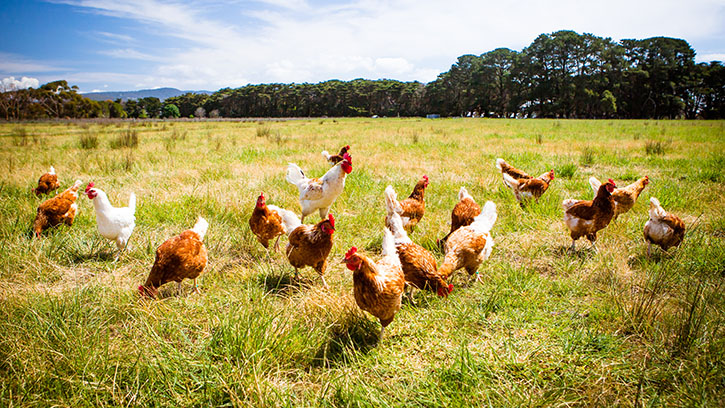Next week’s Autumn Budget provides an opportunity for the government to showcase its commitment to British farming and demonstrate how it will increase food resilience at home, as well as developing markets for Britain’s climate friendly food across the world.
In a pre-Budget submission to Chancellor Rishi Sunak, the NFU highlighted how, by investing in the nation’s food production system, the government can capitalise further on the benefits British food and farming delivers for economic growth.
NFU president Minette Batters said: “Our Levelling Up report shows how investment in British farming can bring huge benefits across the board, with rural Britain at the heart of realising many of the government’s ambitions.
“British farming supports the health and wellbeing of the nation; whether that’s by working towards achieving net zero by 2040, protecting and enhancing our treasured landscapes, delivering world-leading animal welfare, or as the backbone of the UK’s £120 billion food and drink sector which provides jobs for around four million people.”
Mrs Batters continued: “As we are about to embark on the biggest transformation of agricultural policy in generations, the NFU has written to the Chancellor explaining how future farmingschemes have the potential to deliver meaningful, widespread and long-term benefits for Britain, for our environment, and our food security.
“But the transition from current schemes to new needs to be done right. There is a huge amount at stake but there is so much to gain if we work in partnership to get this right.”
In its Budget submission the NFU has asked for:
- Government to develop its export strategy to help UK farmers grow their markets overseas, including funding for dedicated agricultural counsellors to boost agri-food exports and market access;
- Defra to receive adequate resources and funding, and more time to deliver its plans to support the essentialtransition to a new agriculture policy;
- More engagement with farmers to ensure the new Environmental Land Management scheme is fit for purpose; and
- For the Environmental Land Management (ELM) payments to offer far greater incentive for participation, to give farmers the confidence they need to invest, for ELM to provide fairer market returns as well as reward environmental delivery.


